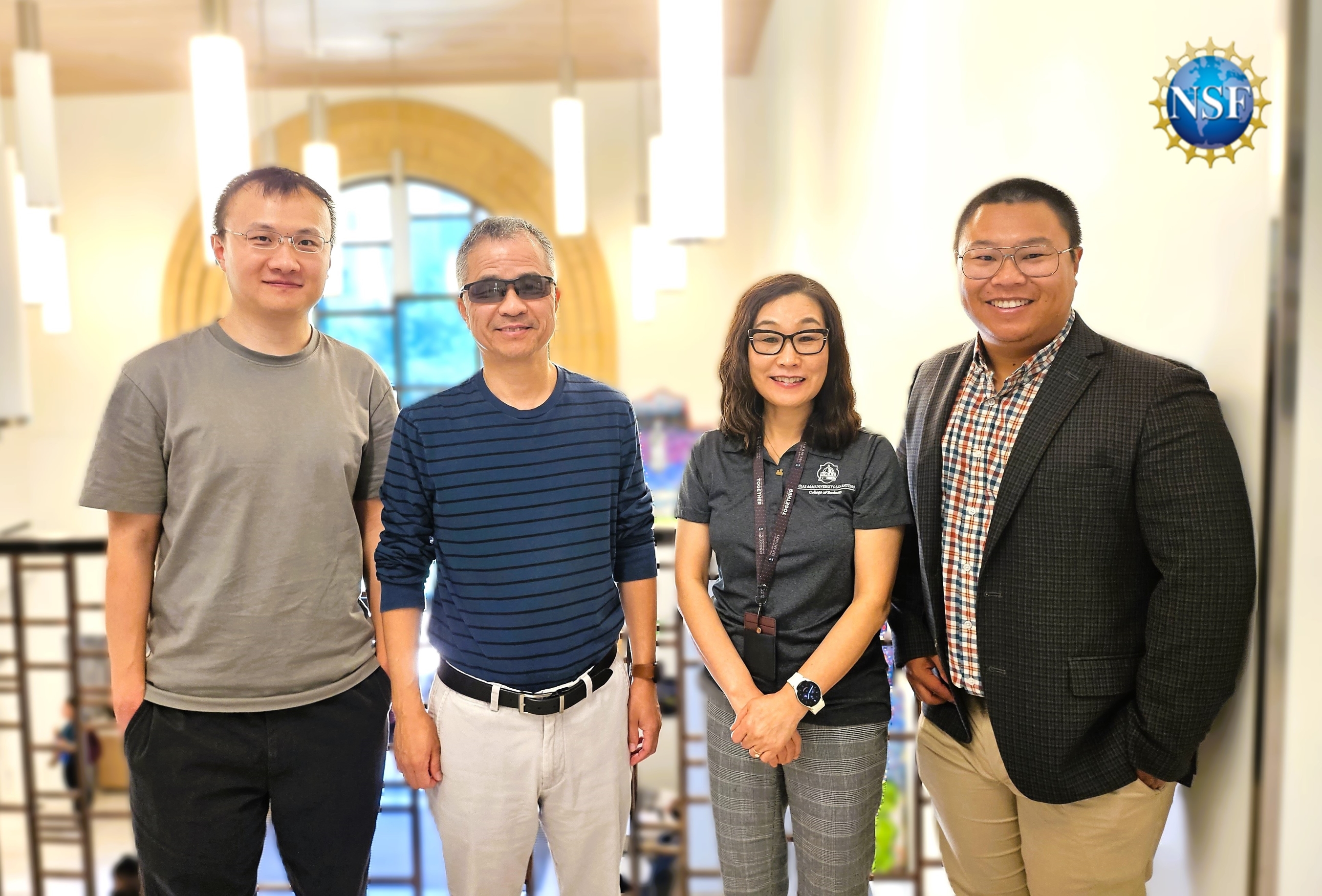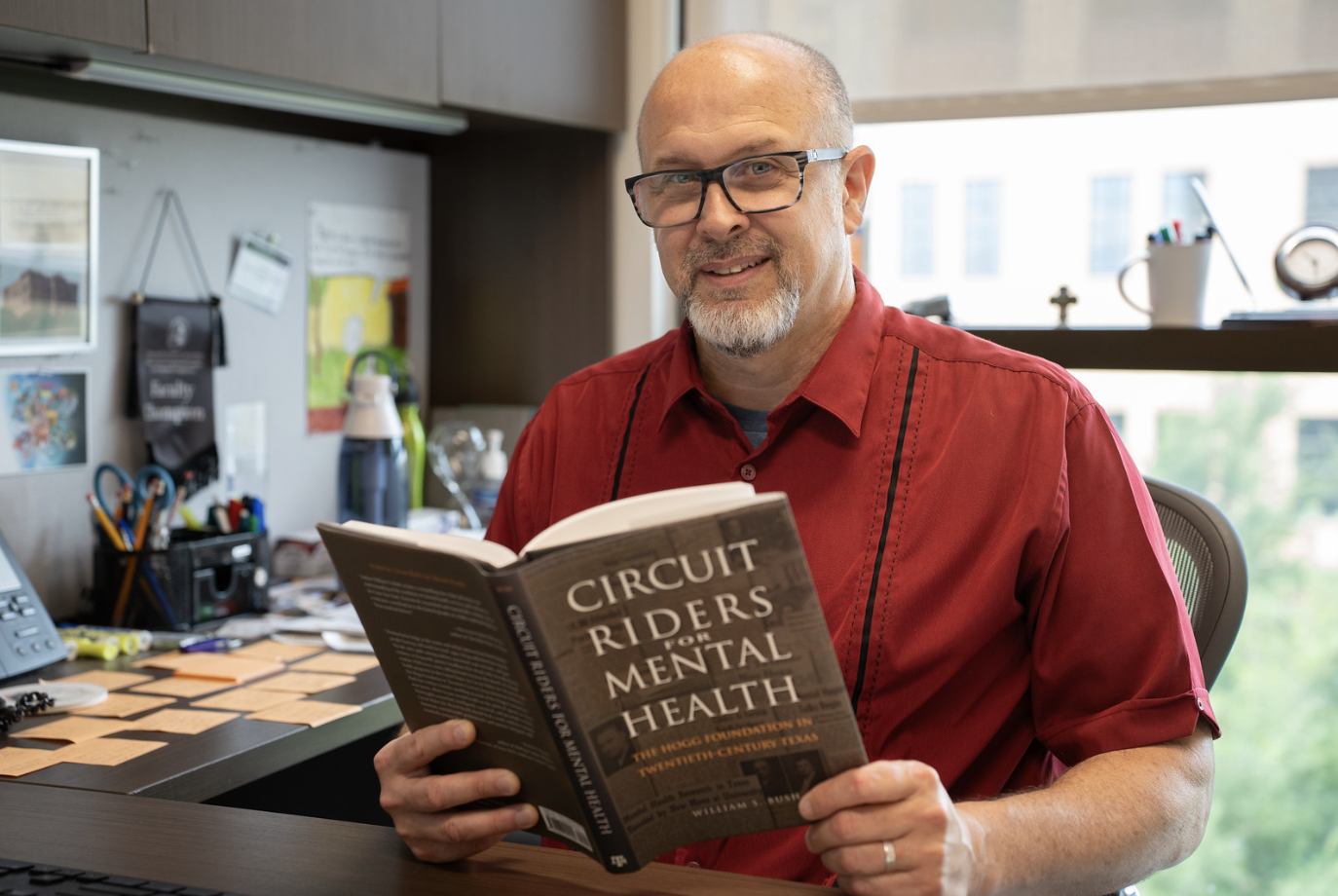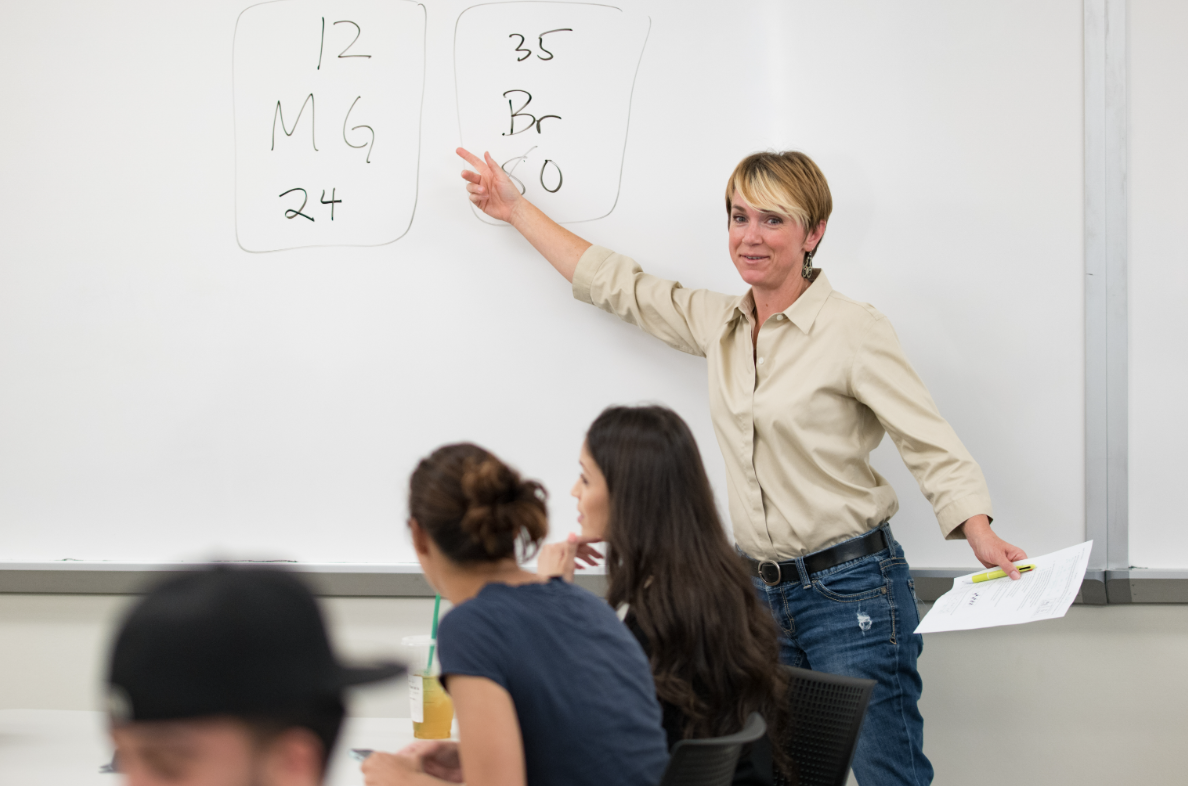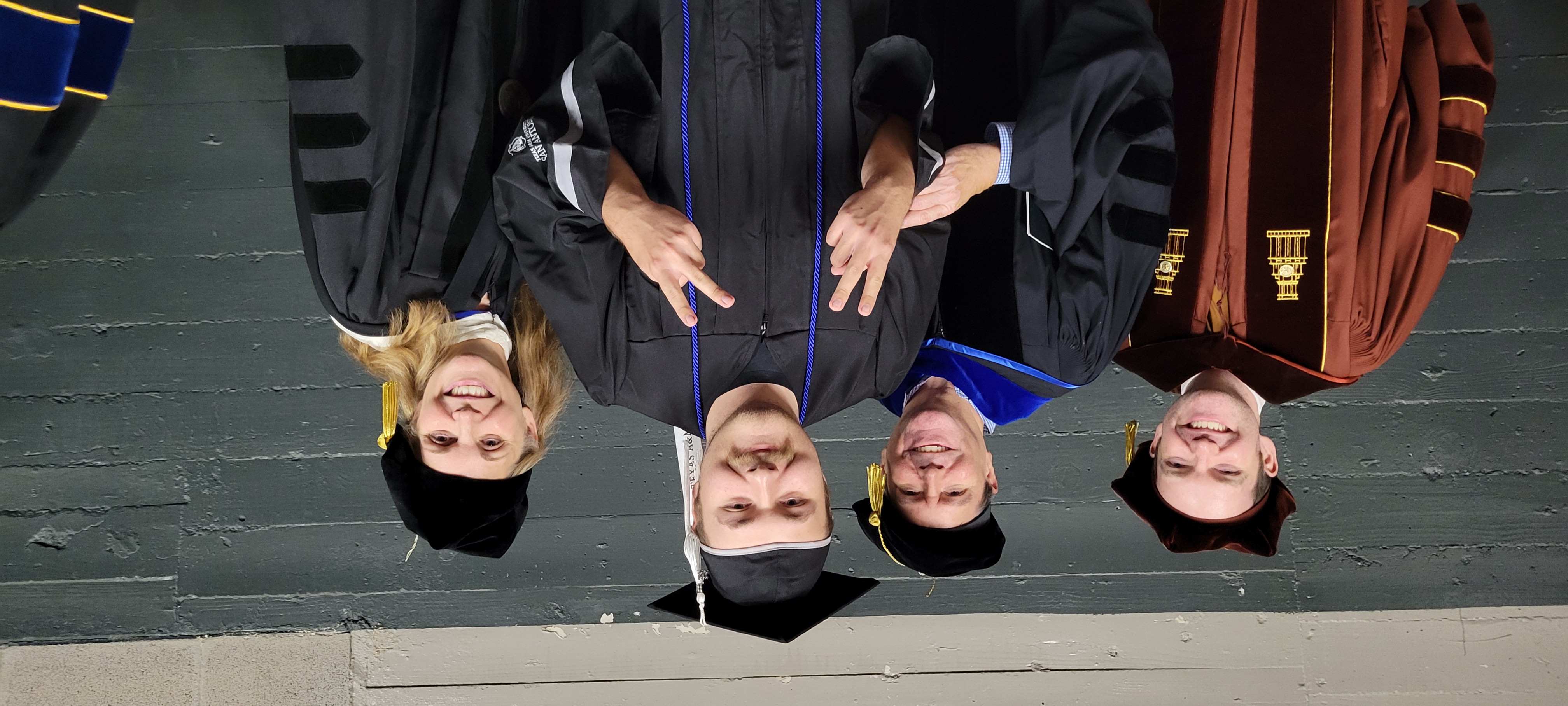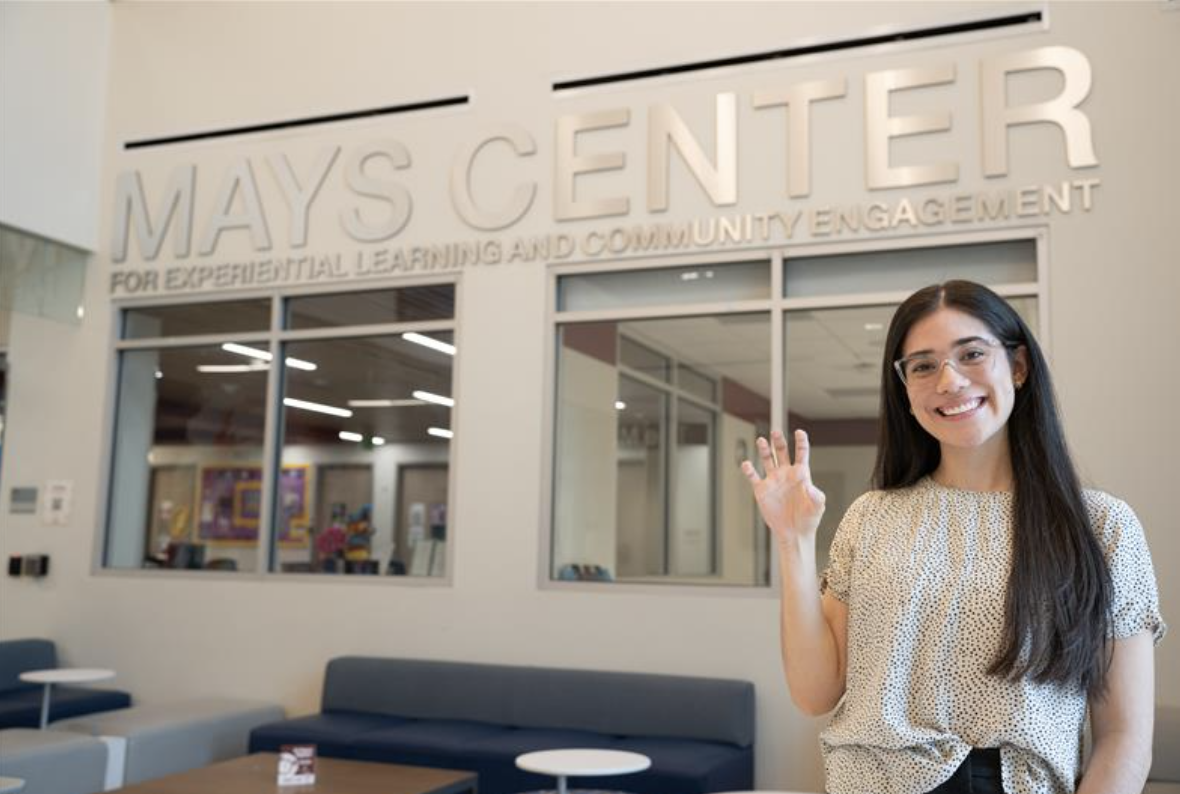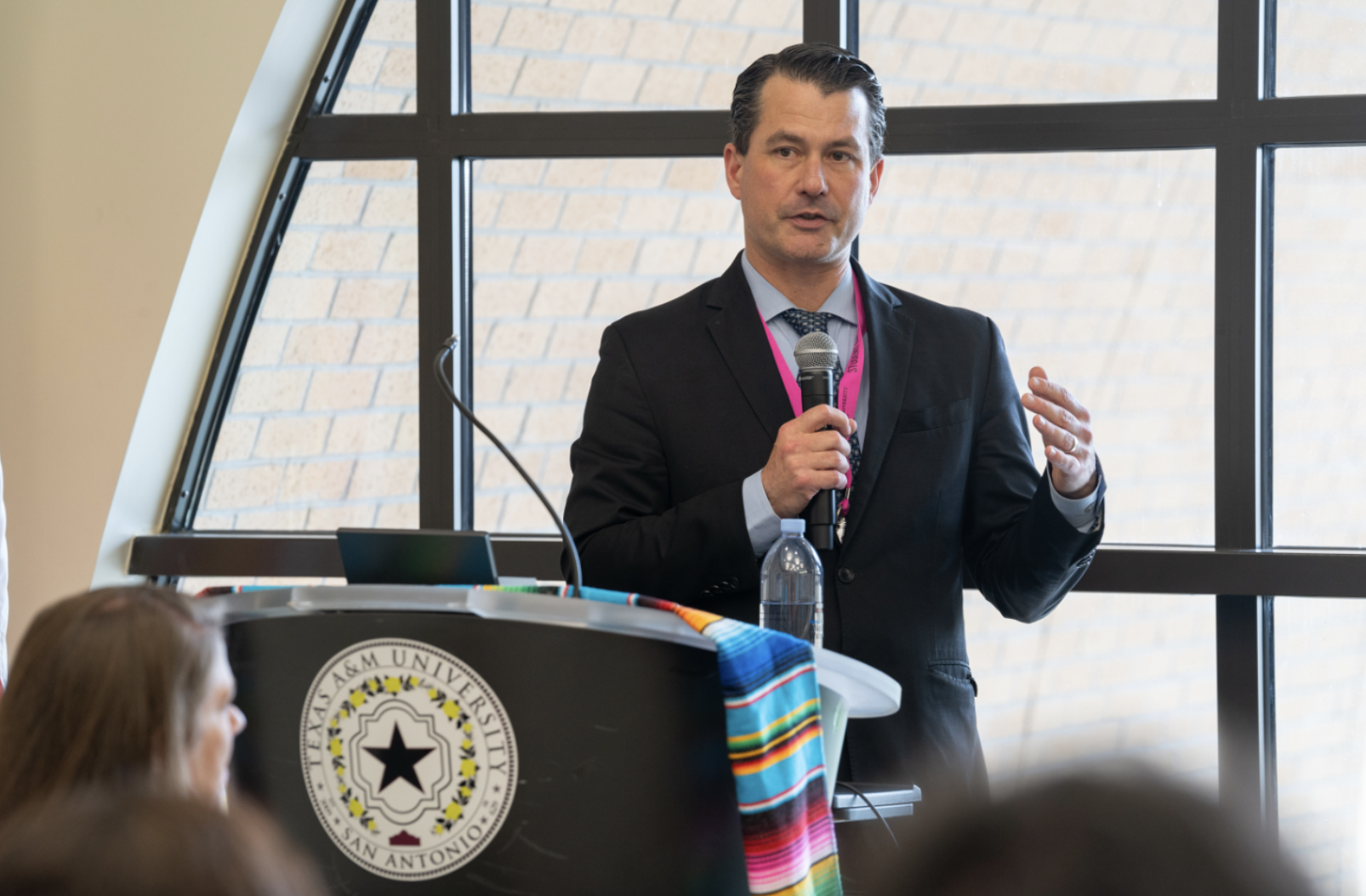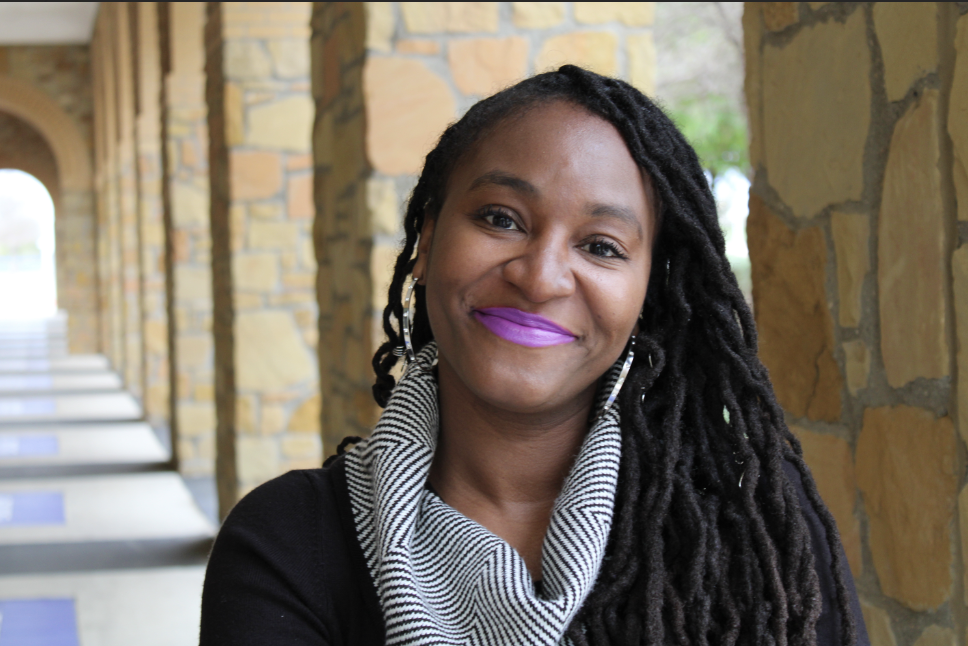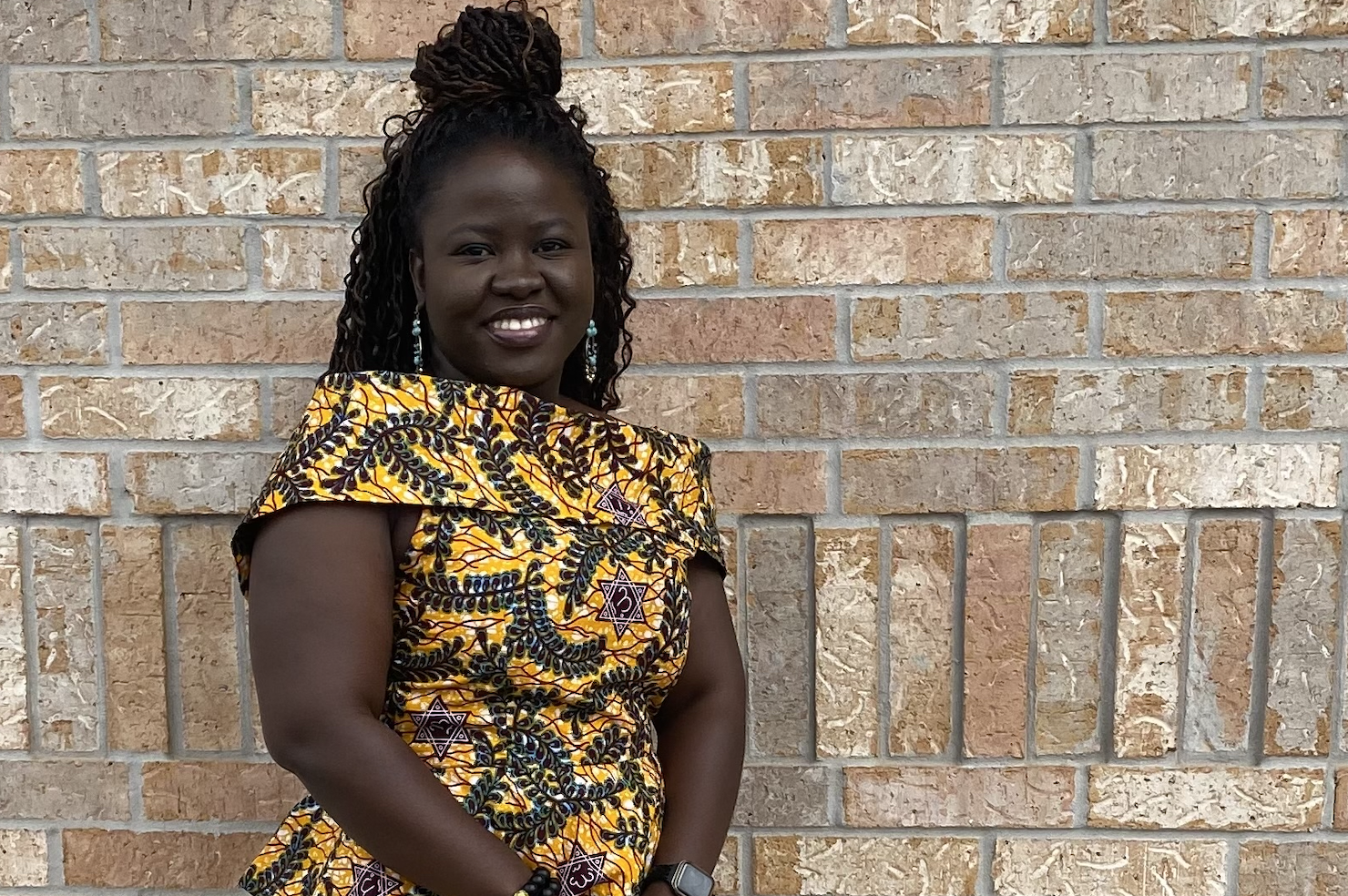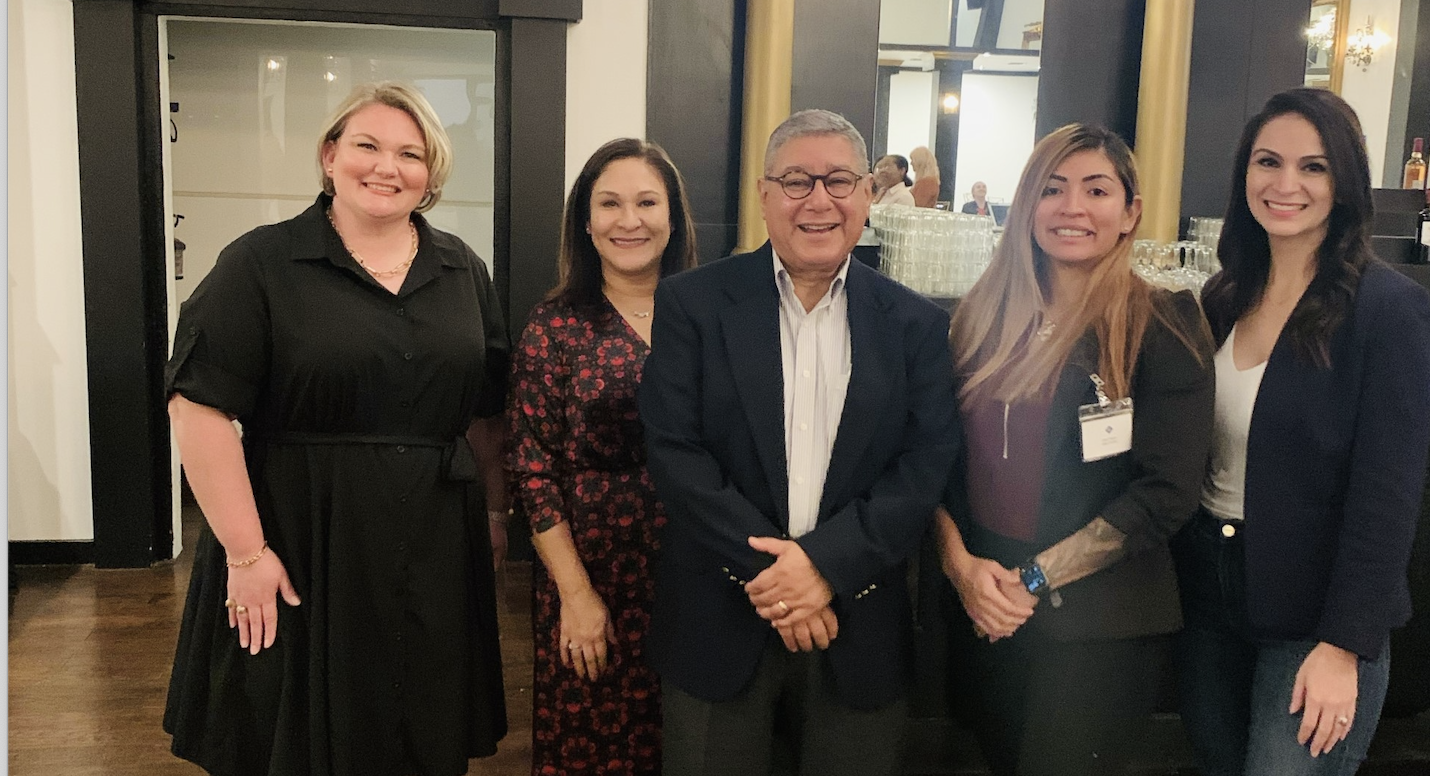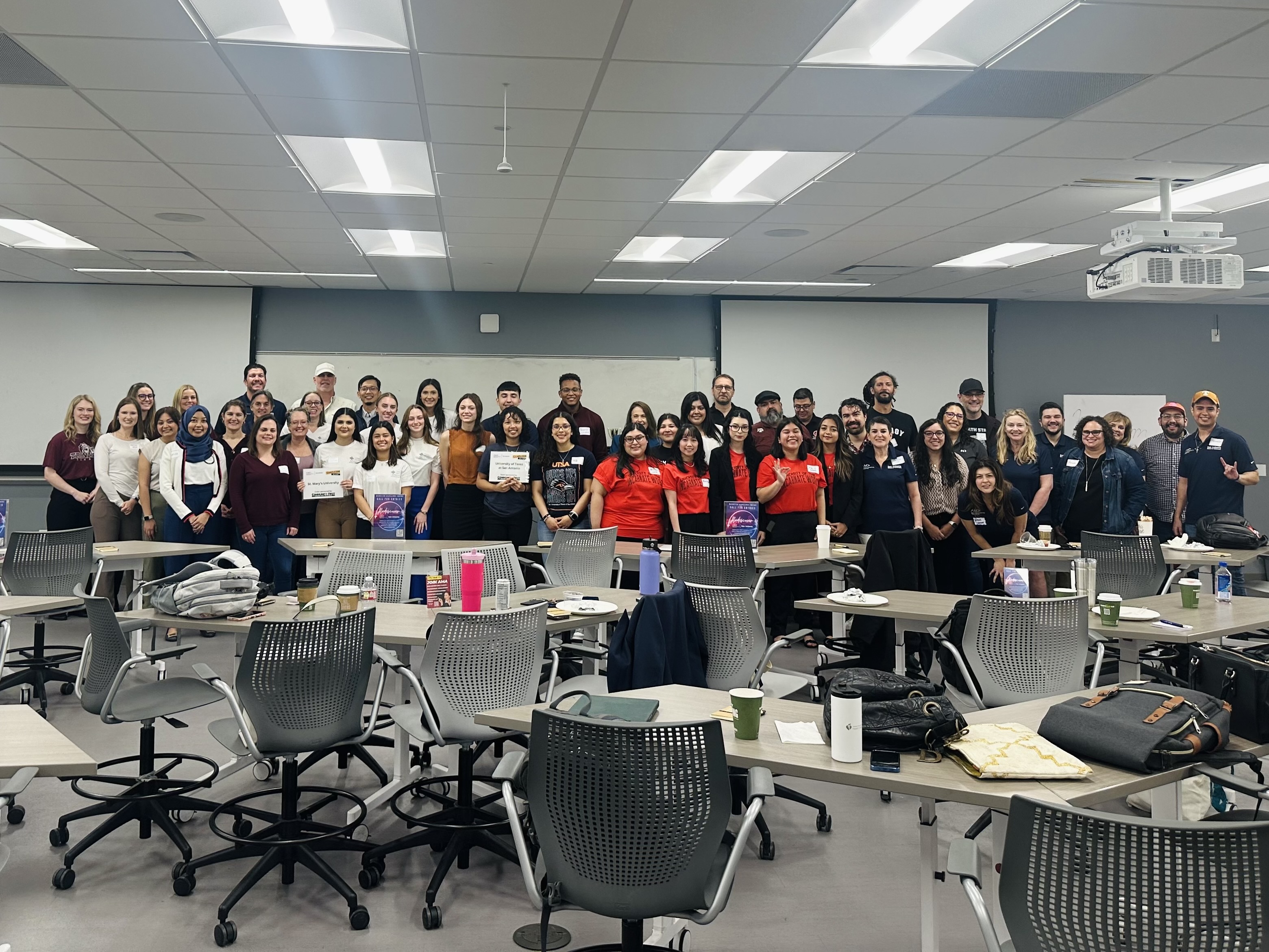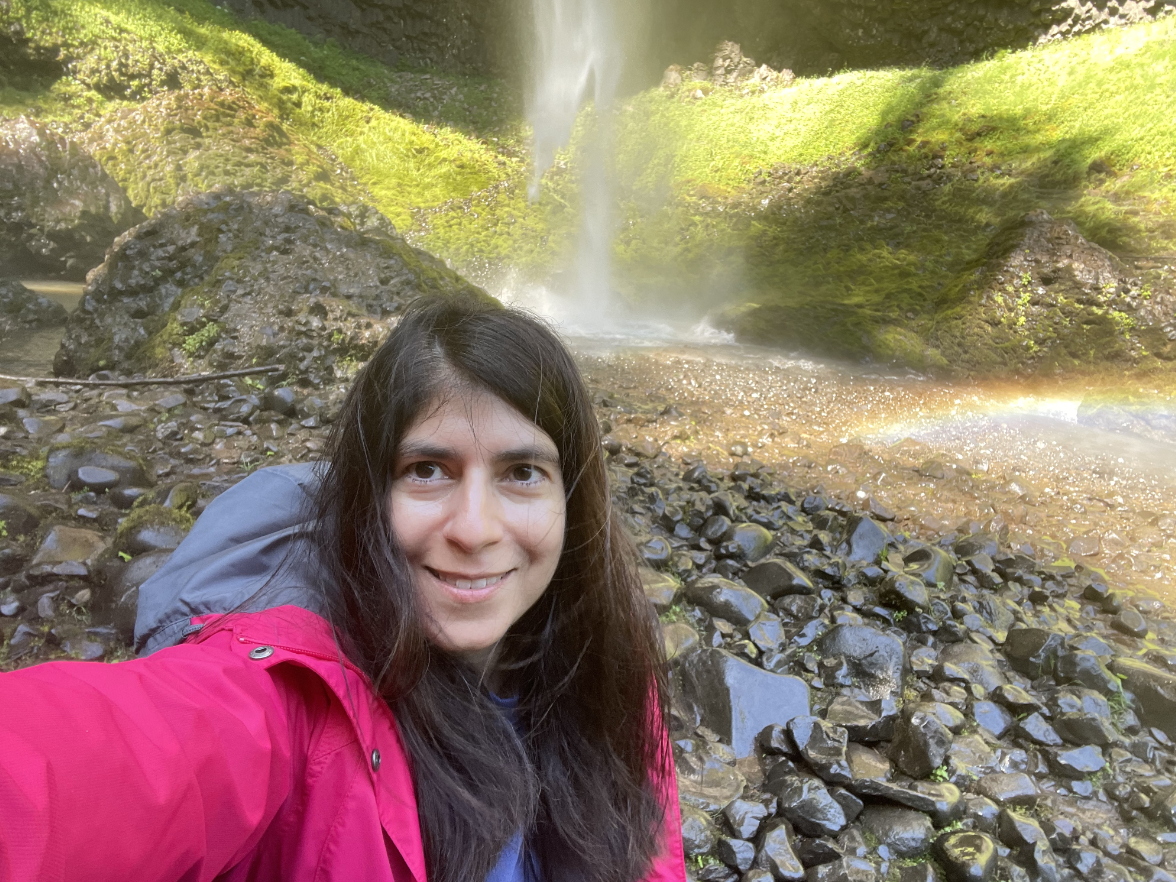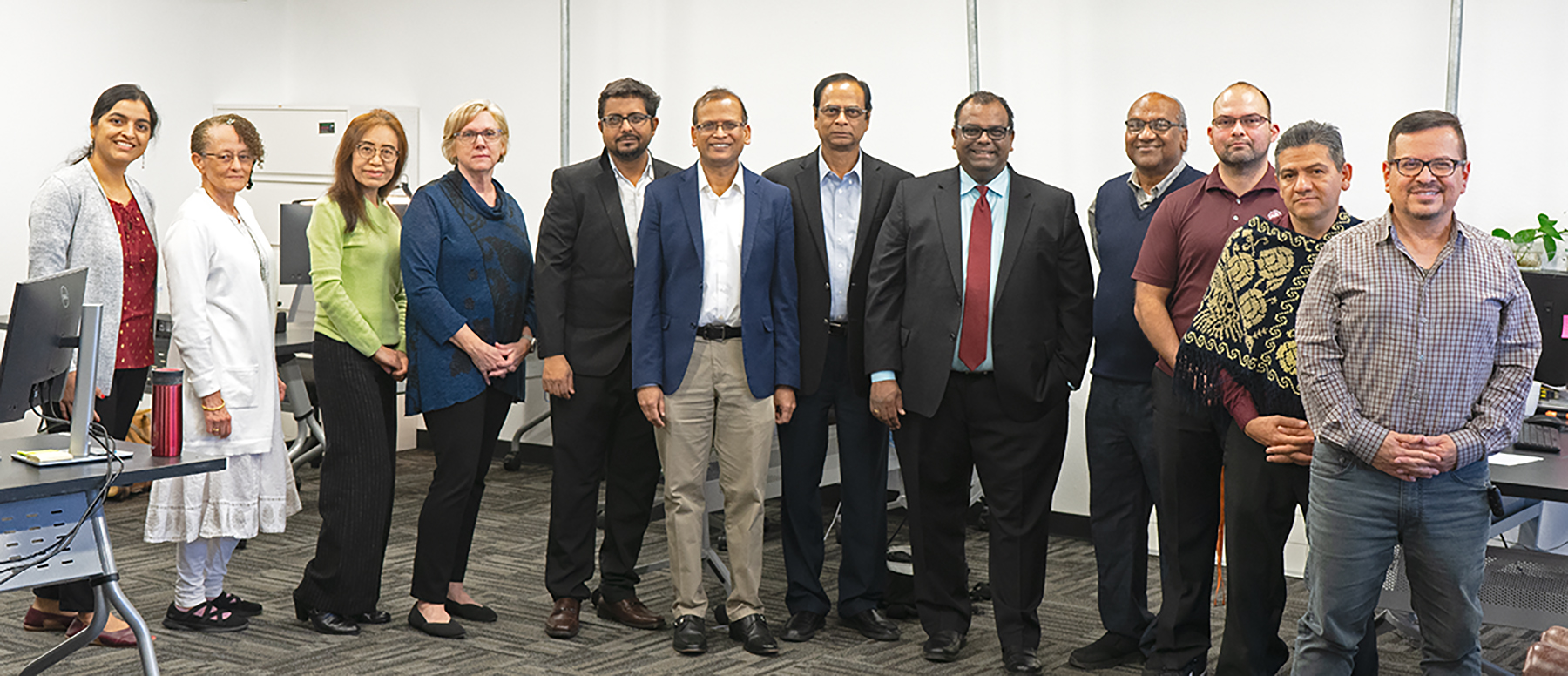A&M-San Antonio is launching a new AI program that will enhance the University’s education and research capabilities, while also strengthening the local workforce and providing local businesses with tools that can help guide their decision-making processes.
The University recently received a $400,000 National Science Foundation grant, including Google Cloud Credits, to support “Jag-AI.” The two-pronged initiative will expand the University’s AI infrastructure, with a focus on improving healthcare, quality of life and national defense. Jag-AI will also help advance careers in AI among underrepresented minorities and assist in developing curricula and training for faculty and researchers.
Spearheading the project is Dr. Jeong Yang, associate professor of computer science and cybersecurity, along with her co-PIs, Drs. Zechun Cao, Gongbo Liang and Young Lee. Yang stressed that Jag-AI will foster collaborations with industry and government to benefit economically disadvantaged students and help accelerate education-workforce development.
Some of the program’s long-term benefits include enhanced reliability and trustworthiness of automated medical imaging, improved defenses against malware, and the efficient utilization of cloud-based AI and Machine Learning resources. Big picture, the program is intended to strengthen and diversify U.S. research and education pathways and provide historically marginalized communities with new opportunities in STEM careers.
Dr. Mirley Balasubramanya, a professor and chair of the Department of Computational, Engineering and Mathematical Sciences, said Jag-AI will offer two critical certificate programs, one for undergraduates and one for graduate students. Both credentials will have minimal prerequisites and enable students to learn, use and develop AI systems within different academic disciplines.
“We are trying to make these certificates as accessible as possible,” he said. “They will be very valuable to our students as they start looking for industry positions.”
Similar to other technological innovations like the internet and cell phones, AI is expected to have a profound impact on how we learn, work and live. Even now, in its early stages, AI-generating programs like ChatGPT are creating seismic shifts in the way industries and institutions operate.
“Just like calculators and spreadsheets were a critical part of our learning process, we don’t think twice about them now,” said Balasubramanya. “At some point, that’s how we’ll feel about AI. But we are still in the elementary stages in terms of application. It still needs to become more robust and reliable.”
How this disruptive technology evolves remains to be seen, but it’s critical that humans maintain control and oversight, said Balasubramanya.
As an example, he points to how one of Jag-AI’s initiatives focuses on image processing and interpretation within health care.
“We need to ask ourselves how comfortable we are depending on AI for that role,” said Balasubramanya. “If you’re using AI to park your car, the stakes are pretty low. But if you’re using AI to determine the medical condition of a patient, the stakes are much higher. We need to examine more deeply the interplay between artificial intelligence and human intelligence.”
While the technology still feels relatively new, discussions started years ago about AI’s potential impact, such as automating certain white-collar jobs, said Dr. Mohamed Abdelrahman, provost and senior vice president for academic affairs.
“So, in essence, ChatGPT was not in itself a surprise, but the suddenness of its appearance was,” he said.
For higher education, ChatGPT generated concern and excitement, Abdelrahman continued. The concern was how it would impact students’ progress toward being independent thinkers as they rely on AI engines that can produce much of their traditional homework. At the same time, faculty expressed excitement over using AI as part of their teaching strategies, empowering students to use it and learn from it on the journey to becoming competent and independent university graduates.
“The project led by Dr. Yang and her team reflects a desire to use internal and external resources to grow the AI capacity at A&M-San Antonio,” Abdelrahman said. “Experiential learning is one thing that the University embraced years ago and will continue to grow as we examine our curricula and how we prepare our students for a society where the prevalence of AI will be a fact of life.”


